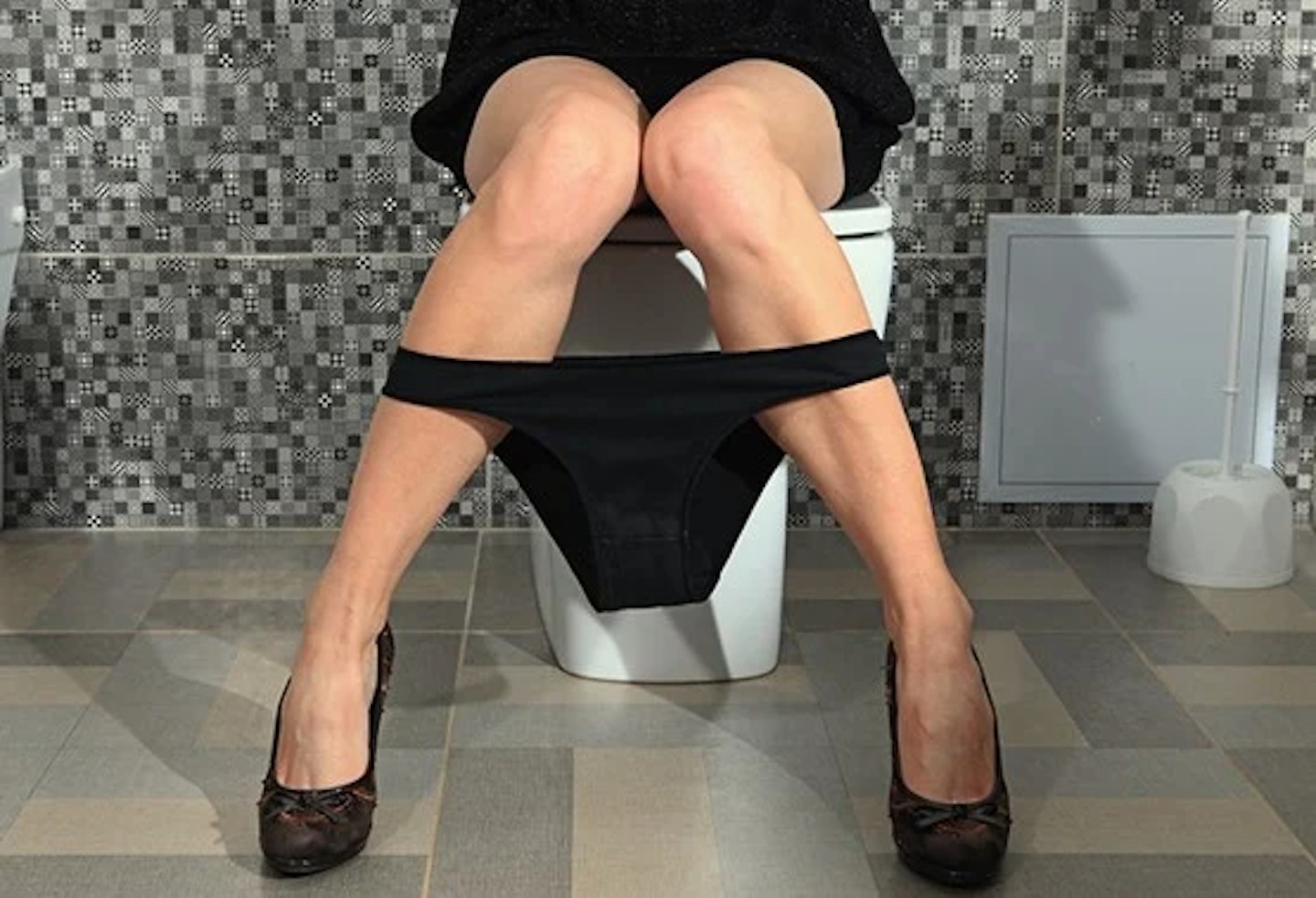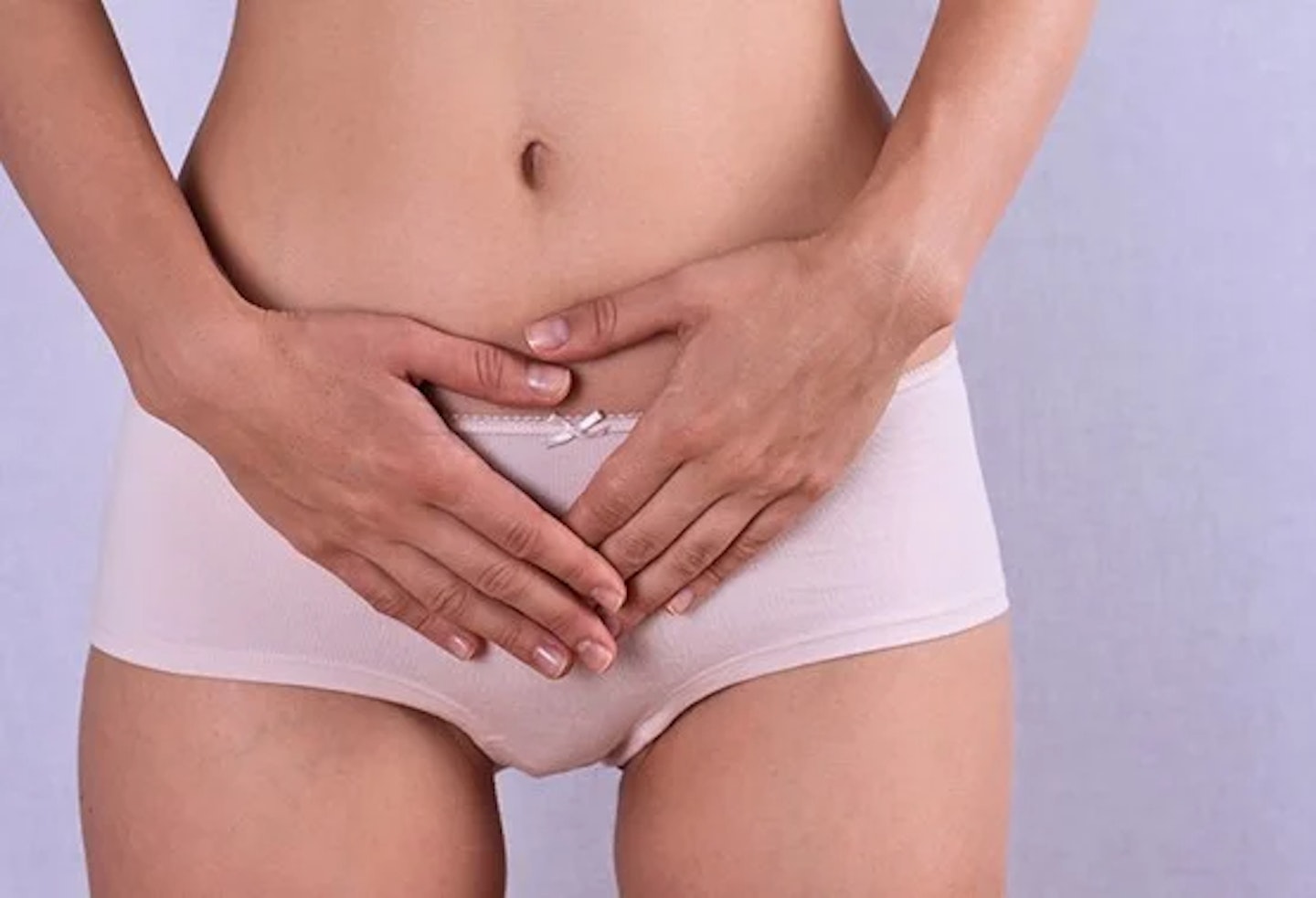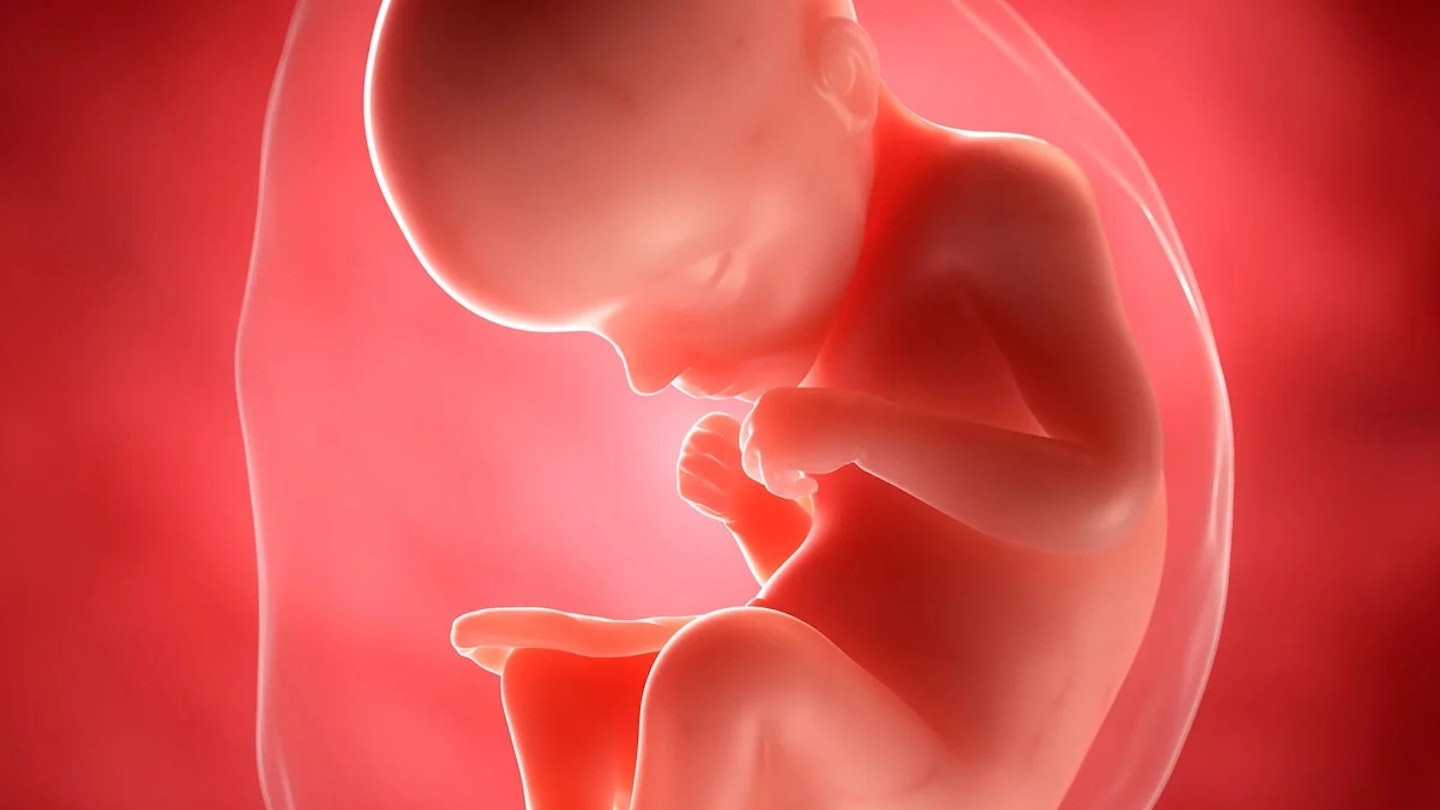At twenty-nine weeks pregnant, your baby’s getting wriggly and you’ll be a frequent visitor to the loo (glamorous!). Find out more about what your baby and body is doing and the common symptoms to look out for at 29 weeks pregnant.
How big is my baby at 29 weeks?
This week, your baby’s getting pretty close to her birth length, at between 15 and a half and 16 inches long. She also weighs between two and a half to three pounds now, and this week marks a change in her weight: over the next 12 weeks, she’ll more than double or even triple her current weight. In keeping with the fruit and vegetable comparisons, your baby’s now the size of a butternut squash.

What’s my baby doing at 29 weeks?
Now that your baby is much bigger, you’ll definitely start noticing more vigorous and regular kicks and wriggles. She may even kick when she’s asleep – just like you move around during the night trying to get comfy.
Your baby will be responding to all sorts of stimuli, from the food you eat to the sounds and light she can detect from the womb. There’s no set number of times that your baby should be moving – each child is different - but you should start monitoring kicks twice a day, in the morning and at night. It’s easiest to do this lying or sitting down as your baby is more likely to perk up once you’re resting. Count to ten and monitor all her movements.
If you notice that your baby hasn’t moved around for longer than you feel is normal, try to get her moving by drinking an icy cold glass of water or eating a snack. If that doesn’t work, call your midwife for advice.
When it comes to your baby’s body, her head is growing bigger to make room for her developing brain, and her muscles and lungs are maturing.
Common symptoms to look out for:
 1 of 8
1 of 8Frequent urination
Have you found yourself constantly needing the loo? As your uterus expands and grows, you will have an increased urge to go to the toilet. Definitely don't reduce your water intake as drinking water is vital and it will help ease many of the symptoms pregnancy brings. Staying hydrated also prevents you going into labour early. So drink up (sorry!).
 2 of 8
2 of 82) UTI's
More toilet traumas I am afraid. Now you’re in your third trimester, you’re more susceptible to urinary tract infections, so if it burns when you go to the loo, talk to your doctor or midwife to get advice.
 3 of 8
3 of 83) Varicose veins
Another lovely pregnancy symptom, varicose veins affect nearly 40% of expectant mums. Some women find them painful, while others have no feelings of discomfort, and if your mum had them, chances are you’ll have them too. To try to avoid and minimise them, try special maternity support hosiery, and keep moving to keep your circulation going.
 4 of 8
4 of 85) Trouble sleeping
We know this has been going on for weeks now but sadly we aren't here to tell you that it's going to stop anytime soon. Make sure to not drink much caffeine, if any and try light exercise such as walking or yoga to tire you out carefully.
 5 of 8
5 of 86) Migraines or headaches
Headaches and migraines which have been a frequent symptom could be more likely if you're dehydrated or sleep deprived. Headaches may also be a result of low blood sugar, so eat regular slow meals to keep it up.
 6 of 8
6 of 87) Leaking breasts
You haven’t even given birth yet, but your breasts may already be leaking pre-milk known as colostrum. It’s time to start shopping for breast pads (oh, the glamour!).
 7 of 8
7 of 88) Aching back, hips or legs
Being achey and sore is expected when you're carrying extra weight around. Your baby is also putting pressure on near enough every part of your body and causing general aches and pains. Your joints and ligaments are softening in preparation for labour which means they are less equipped to deal with this extra weight and work.
 8 of 8
8 of 89) Heartburn
Hello darkness, my old friend. If this unpleasant symptom is keeping you up at night, stay away from energisers like coffee or chocolate before going to sleep, and try to avoid eating too much too close to your bedtime.
What is my body doing at 29 weeks?
You’ve probably been visiting the loo more frequently ever since you became pregnant, but as your baby is so big, she’s now putting some serious pressure on your bladder - so those visits to the loo are likely to treble around now!
As tempting as it may sound to go cold turkey on the fluid front, it’s crucial that you keep hydrated – no matter how many times loo visits interrupt your sleep – because in extreme cases, dehydration can lead to premature labour.
You may also notice that you leak small amounts of urine when you laugh, cough or sneeze, which is known as stress incontinence. It’s due to the weight of your baby pushing down on your pelvic floor muscles, which controls the flow of urine out of your body. Keep your pelvic floor toned by doing daily exercises.
What to do this week:
-
Drive safely - there are two of you in the car now! Having a big bump is no excuse to stop belting up in the car. Wear the lap portion so that it fits across your thighs and hips, and under your bump – not across the middle of it. The diagonal strap of the belt should sit over your collarbone, then go down between your breasts and be fastened so it sits above your bump, not on it. If you’re going on a long journey, make sure you take regular breaks to prevent your legs and ankles getting swollen (just like you would if you were on a plane). If you’ve got a backache, a cushion wedged in the small of your back can help ease it.
-
Eat well: You should also make sure you’re eating enough of the good stuff to keep up with your baby’s growing nutritional demands: make sure your diet includes plenty of folic acid, iron, vitamin C, calcium and protein.
What did you notice at 29 weeks pregnant? Let us know on Facebook or Twitter!
Make sure you're following Mother & Baby on Instagram for relatable memes, inspiring stories and parenting hacks!
Have approx 60 seconds to spare? Why not join thousands of mums-to-be and start your very own Amazon baby wish list! They're absolutely free to create and perfect to send to the friends, aunties and your mum to make sure you're getting the baby products you really need...Click here!
